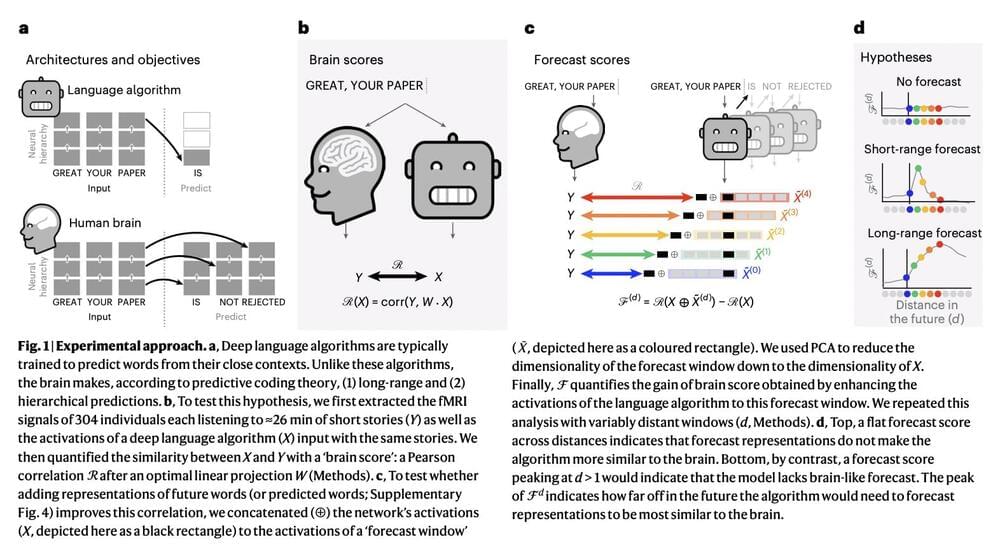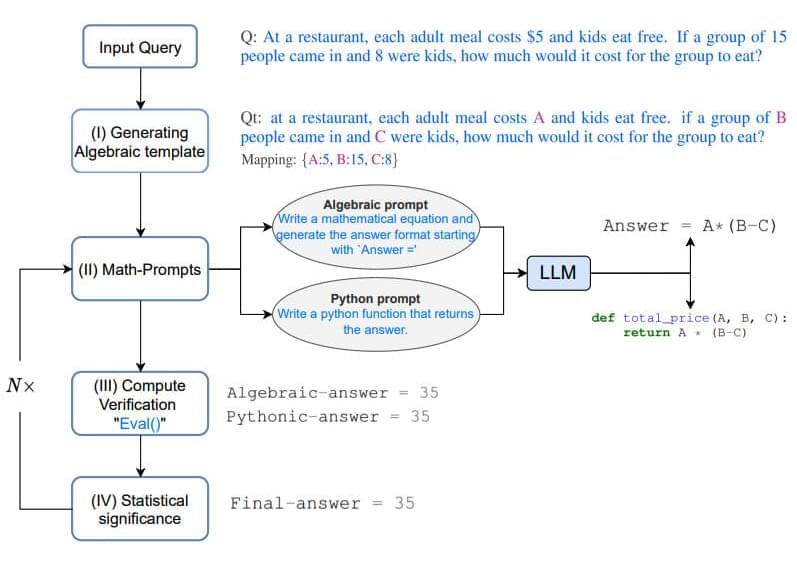To keep his Universe static, Einstein added a term into the equations of general relativity, one he initially dubbed a negative pressure. It soon became known as the cosmological constant. Mathematics allowed the concept, but it had absolutely no justification from physics, no matter how hard Einstein and others tried to find one. The cosmological constant clearly detracted from the formal beauty and simplicity of Einstein’s original equations of 1915, which achieved so much without any need for arbitrary constants or additional assumptions. It amounted to a cosmic repulsion chosen to precisely balance the tendency of matter to collapse on itself. In modern parlance we call this fine tuning, and in physics it is usually frowned upon.
Einstein knew that the only reason for his cosmological constant to exist was to secure a static and stable finite Universe. He wanted this kind of Universe, and he did not want to look much further. Quietly hiding in his equations, though, was another model for the Universe, one with an expanding geometry. In 1922, the Russian physicist Alexander Friedmann would find this solution. As for Einstein, it was only in 1931, after visiting Hubble in California, that he accepted cosmic expansion and discarded at long last his vision of a static Cosmos.
Einstein’s equations provided a much richer Universe than the one Einstein himself had originally imagined. But like the mythic phoenix, the cosmological constant refuses to go away. Nowadays it is back in full force, as we will see in a future article.





